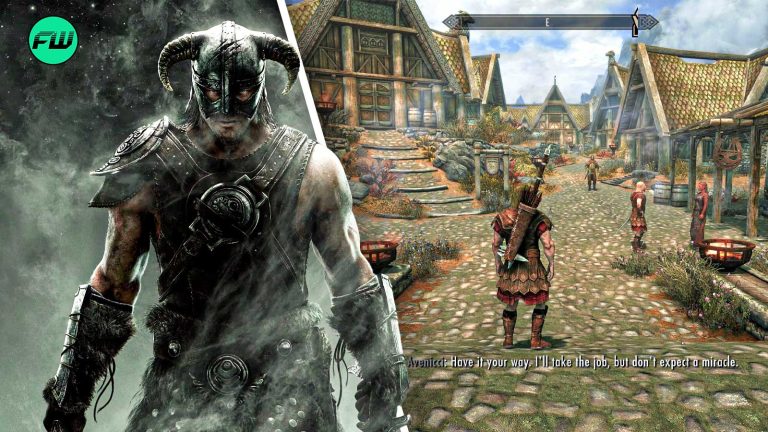A Disastrous Flaw in Todd Howard’s Bethesda That Made Starfield Dev Quit Thankfully Never Affected Fallout, Elder Scrolls
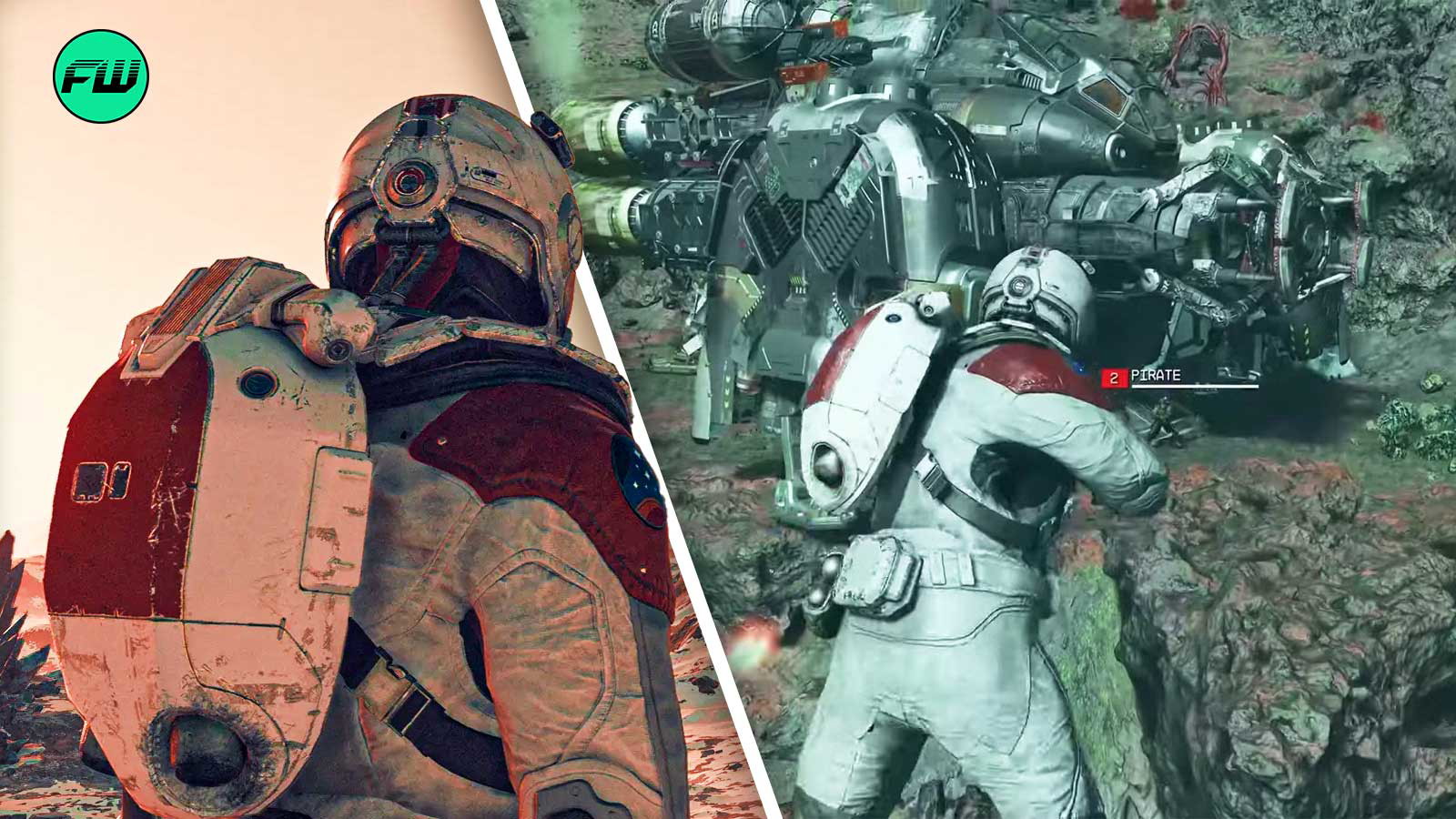
Bethesda Game Studios has long been known for its groundbreaking role-playing games. It has crafted some of the most memorable titles in gaming history, which include the sprawling worlds of Skyrim and the post-apocalyptic landscapes of the Fallout series. These games are beloved not just for their vast open worlds and intricate lore but also for the collaborative efforts of talented developers who brought their unique visions to life.
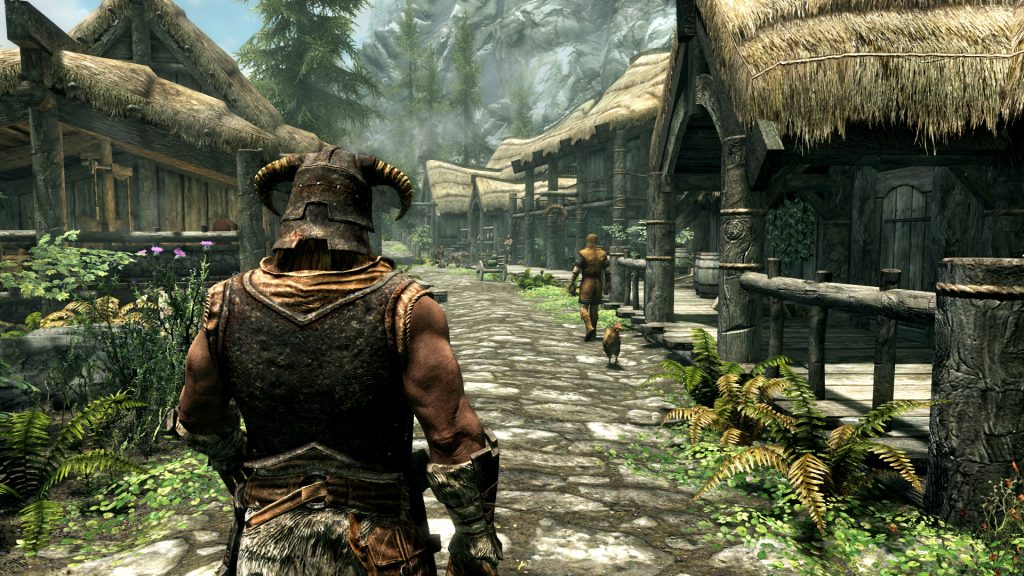
At the forefront of this creative powerhouse is Todd Howard, a name synonymous with innovation in gaming. However, behind the scenes, many skilled individuals, like Nate Purkeypile, have played crucial roles in shaping Bethesda’s iconic franchises, which continue to inspire a multitude of games. After his departure, Nate shared insights on how working at Bethesda has changed over the years.
Evolving Dynamics of Game Development Within Bethesda
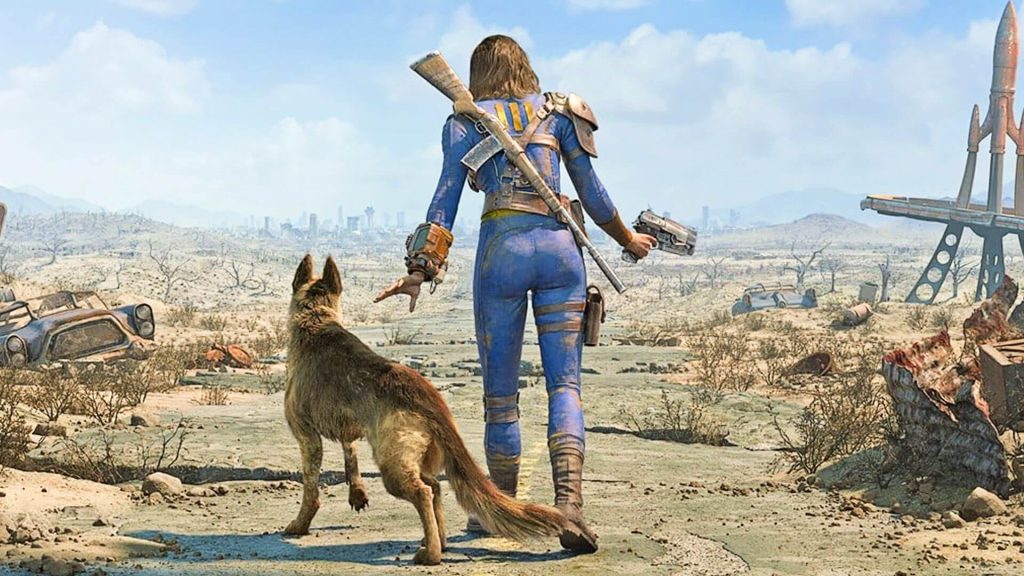
Nate Purkeypile’s departure from Bethesda in 2021, marked the end of an era for a developer whose contributions shaped some of the most beloved RPGs in gaming history. Over his 14 years at the studio, he played a crucial part in creating iconic environments in titles like Fallout series and Skyrim. So, when he left during the development of Starfield, it raised many questions.
Recently, after revealing his game The Axis Unseen on Reddit, Purkeypile shared insights into why he decided to leave. He explained that as games have become more complex and ambitious, so too have the teams behind them. He emphasized that he thrives in the collaborative environment of a smaller team, where creative ideas flow freely and developer input can be implemented quickly.
However, during Starfield’s development, the team members rose to around 500 people, spread across multiple studios. This expansion in the team brought a lot of changes to the working culture, resulting in numerous meetings and complicated processes that ruined the nimbleness many developers craved.
I quit working at Bethesda after 14 years during Starfield to go make my own solo indie game with no publisher, it’s a heavy metal horror game where you hunt monsters from folklore – It’s called The Axis Unseen
byu/JustPurkeyGames inIndieGaming
Alongside the trailer, Purkeypile shared some insights on his departure from the studio.
Comment
byu/JustPurkeyGames from discussion
inIndieGaming
In contrast, when Bethesda was developing titles like Fallout and Elder Scrolls, teams were much smaller, typically ranging from 65 to 110 people. This smaller size created an intimate atmosphere where each artist, designer, and developer had the opportunity to contribute meaningfully to the game’s vision.
Purkeypile explained he used to thrive in this close environment, which ultimately helped him craft memorable locations like Diamond City and Blackreach, where his creative input directly influenced the final product. However, with the influx of over 500 developers, including teams from different companies, he realized that his time at the studio had come to an end, leading him to pursue his own projects.
After leaving Bethesda, Purkeypile founded Just Purkey Games and began working on The Axis Unseen, a game that showcases his passion for hand-crafted environments and a more focused narrative experience
Why Fallout and Elder Scrolls Series Remain Untouched
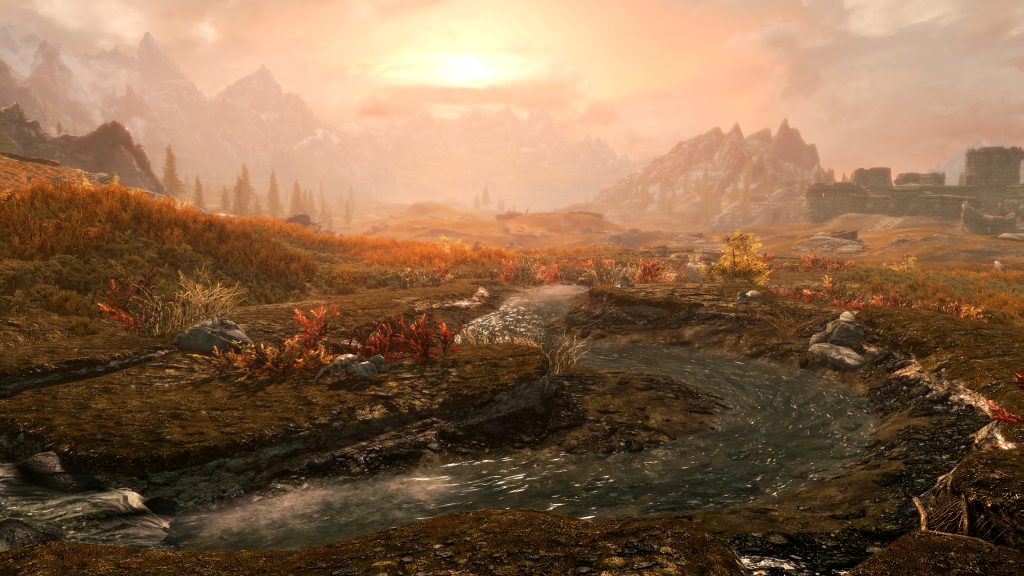
The success of Fallout and Elder Scrolls titles can largely be attributed to their smaller team structures. The combined effort of a smaller team allowed for quick decision-making and the creation of a cohesive artistic vision, resulting in games that had a strong sense of ownership among developers.
The result was games that were innovative and resonated deeply with gamers, even with their numerous bugs and quirks. However, in stark contrast, the excessive team behind Starfield, coupled with their complicated hierarchy and extensive outsourcing, lost the crucial aspect of game development: the personal connection and ownership that creators feel toward their projects.
With Purkeypile’s departure in 2021 amidst the development, it highlighted a troubling trend within the studio. The trend of a diluted quality of future projects, but thankfully, this trend was not present in the development philosophy that shaped the earlier successes of Fallout and Elder Scrolls.
While Todd Howard and the team at Bethesda want to push the boundaries of gaming with ambitious projects, it is clear that the studio may have lost touch with the core elements that made their games special. The recent DLC for Starfield underperformed, leaving players questioning the game’s direction and purpose.
In the end, as players are waiting for the release of The Elder Scrolls 6, they are hoping that the studio and Todd Howard will find their footing again as upcoming titles need to balance ambition with the personal touch that has made the studio’s games resonate so deeply with fans.
Do you think the studio needs to streamline its development process for a more focused approach? Tell us in the comment section below.
This post belongs to FandomWire and first appeared on FandomWire
Join XGamer Discord to discuss the game with other players
Click to join our Discord

